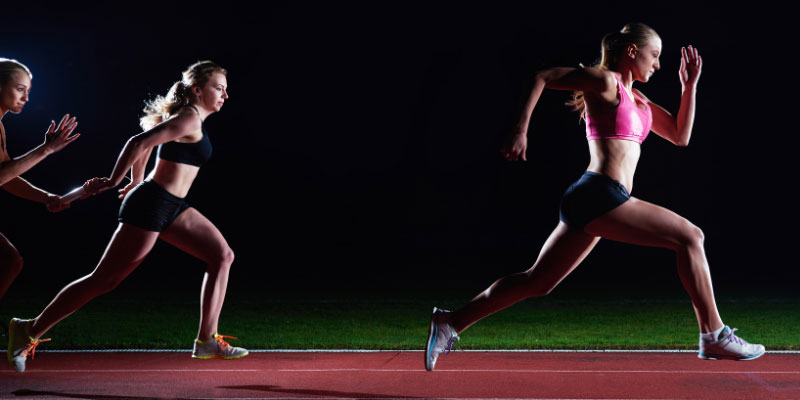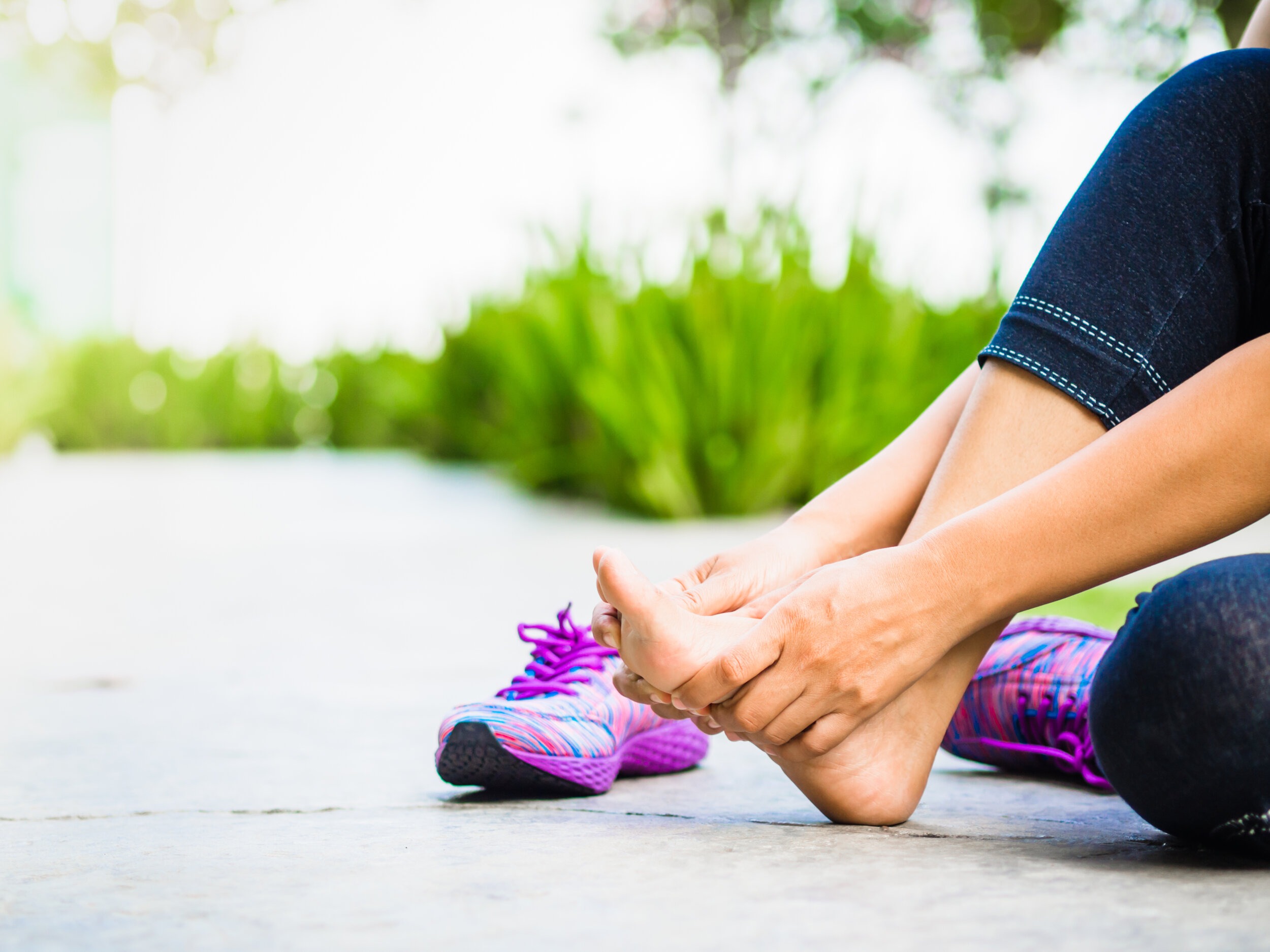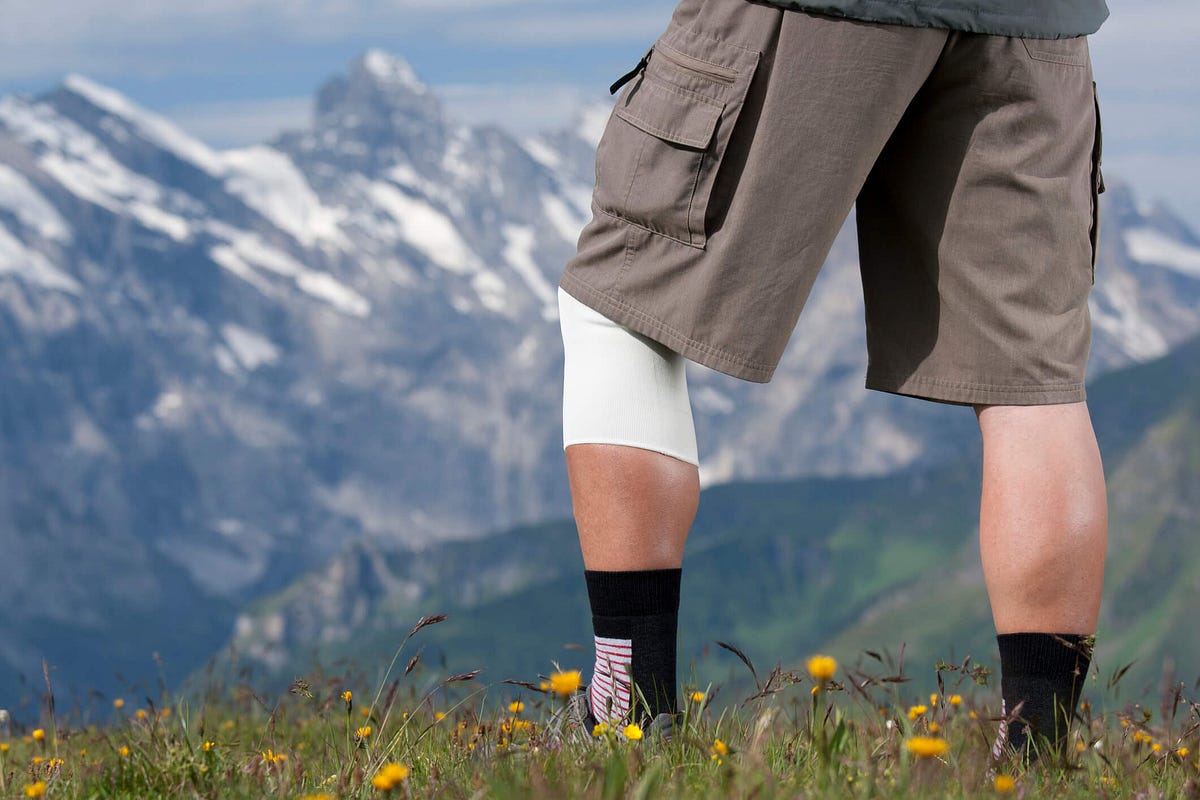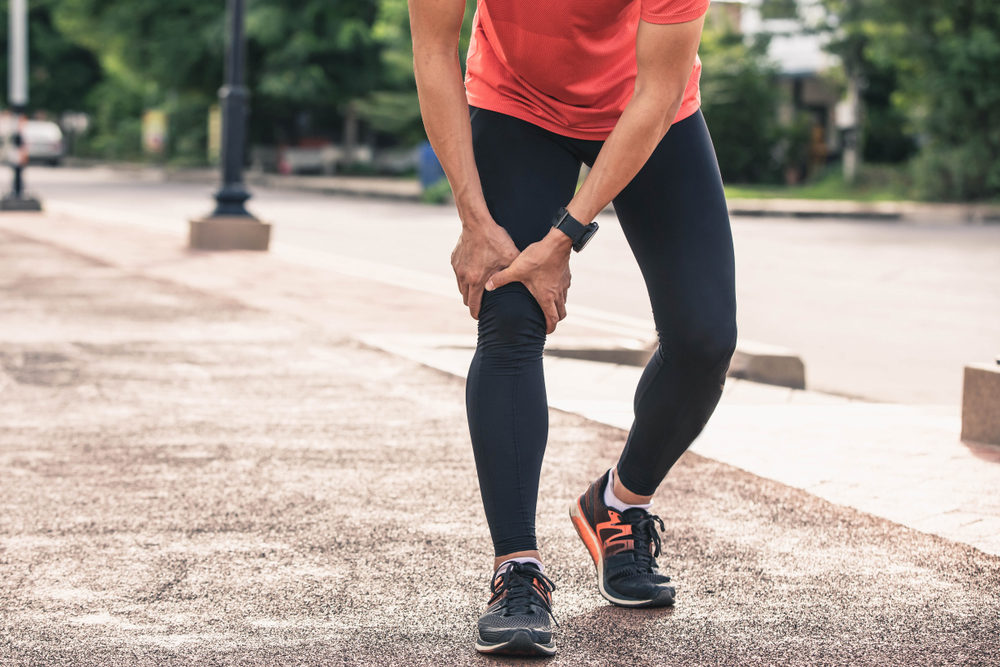You don’t need us to tell you how important your sleep is. We’ve discussed before why sleep is an essential component to support your health and wellbeing – whether its physical development, mental and cognitive development or emotional regulation. Is it any different for athletes?
How much sleep is enough?
The recommended amount of sleep varies between birth and older adulthood. For example, adults require (on average) between seven to nine hours of sleep for optimal health and performance, whilst adolescents need eight to 10 hours of sleep per night.
However, the amount of sleep necessary is individual and varies day-to-day based on many factors such as sleep debt, illness, and physical and psychological stress.
How does sleep affect your performance?
So, the main point of this article – how does your sleep ACTUALLY affect your performance?
It’s been suggested that athletes may need more sleep than non-athletic individuals to allow for the appropriate amount of recovery after intense exercise. This allows your body the chance to repair, aid and build itself. For athletes, this is super important, but you don’t need to be an athlete to benefit from sleep ability to enhance your performance.
Adequate recovery is needed for the body to make adaptions to training, movement and exercise. There are no specific guidelines for athletic performance, but a recommendation of eight to 10 hours is sufficient.
What about mental and cognitive performance?
Acute sleep deprivation can have short-term impacts such as excessive sleepiness, poorer attention span, increased levels of emotional capacity and weaker decision-making abilities. The occasional bad night’s sleep will not harm you; however chronic sleep deprivation has lasting impacts of all the consequences above.
Sign’s you’re not getting enough sleep:
Firstly, let’s get to grips with what a good night’s kip should feel like. It’s not just a physical feeling of restfulness, but also a mental feeling. Feeling well rested, getting quality sleep (decreased nighttime awakenings, cycles of deep sleep and REM cycles) are signs of a good night’s kip.
Sleep deprivation (or less than optimal hours of sleep) can show in your daily activities. Some symptoms include:
- Slowed thinking
- Reduced attention span
- Temporary memory reduction
- Lack of energy throughout the following day
- Mood changes, and heightened emotions such as feelings of stress, anxiousness and irritability
Great news! Your sleep quality can be improved no matter your age. This often means cleaning up your sleep hygiene in order to get better zzz’s at night. How do you do that?
Better Sleep Hygiene?
Here is my advice:
- Strictly no screen before bed – “screens from mobile devices, laptops and screens emit blue light rays. This messes with our ability to produce melatonin (a hormone that signals when it’s time to settle for bed)”.
- No caffeine after 2pm – “caffeine can suppress the production of melatonin by blocking adenosine receptors. Adenosine is a hormone that promotes sleep. So, when this gets blocked by coffee, we find it hard to fall asleep at night”.
- Create a cool environment – “taking a bath before bed helps to drop our body’s temperature to signal its bedtime. Our body is able to relax in a cooler environment – but not in freezing rooms”!
Sleep is crucial for everybody, not just athletes or professionals. Although some guidelines recommend athletes should have greater quantities, sleep has a positive impact on your mental and physical capabilities. Next time you can’t fall asleep at night, try doing a gentle activity (such as reading) to stimulate the brain enough to fall asleep.
If you’re concerned your pillows may be the culprit too, we offer custom shaping, memory foam pillows to upgrade your sleep experience. Take advantage of our exclusive offer and purchase memory foam pillows when you visit us in any of our three clinics across Cambridgeshire.
Are you ready to experience the blissful comfort of a good night’s sleep? Get in touch with us today!





